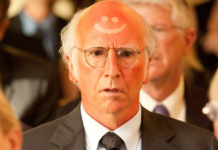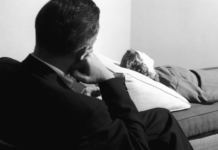From ABC: The self-help and self-improvement industry are more popular and widely accepted than ever. However, the moral imperative to constantly think positive and always be responsible for one’s own happiness can be harmful and oppressive.
“In a culture of mandated positivity, if we are unhappy we only have ourselves to blame.
‘People’s problems are explained with reference to the fact that they weren’t positive enough,’ Professor Brinkmann said.
‘It is the individual who is to blame for what happens even when the cause of the problem is social or structural or organisational.'”















